SCS Blog Search
| Title | |
|---|---|
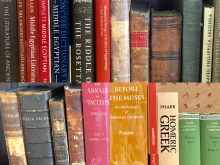
|
Blog: Innovation, Inspiration, and Initiative: Community College Adjuncts in Ancient StudiesPatrick Burns, Erika Bucciantini, Stacy Davidson | |
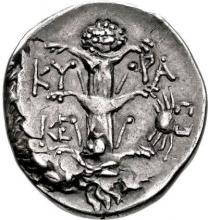
|
Blog: Roe v. Wade, the GOP, and echoes of Augustus: Reproducing fascismSerena Witzke | |

|
Blog: A Digital Ethnography of a Conference in a Crisisapistone | |
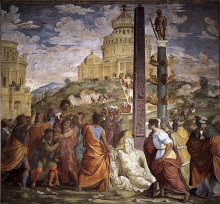
|
Blog: Ista Tempora! Isti Mores!: January 6th, A Year LaterJoel Christensen | |
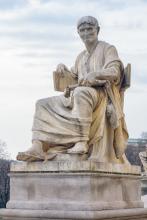
|
Blog: Sallust at the InsurrectionAyelet Haimson Lushkov | |
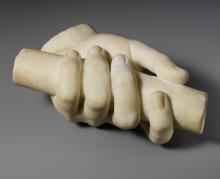
|
Review: Guidelines for Encoding Critical Editions for the Library of Digital Latin TextsDonald Mastronarde, Richard J. Tarrant | |
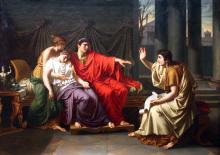
|
Blog: The Golden Line—From Classroom to CanonKenneth Mayer | |
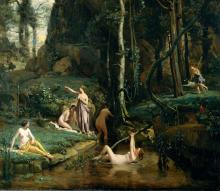
|
Blog: Metamorphoses into ChineseWei Zhang | |
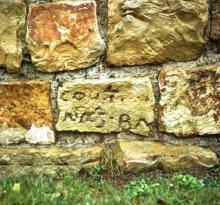
|
Review: Roman Inscriptions of BritainRebecca Benefiel | |
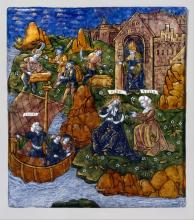
|
Review: Latin Scansion AppPatrick Hogan | |
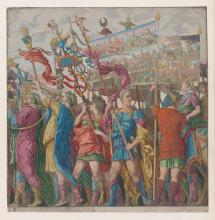
|
Review: Opera LatinaPatrick Burns | |
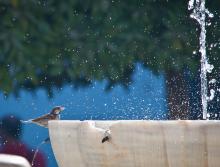
|
Review: Catullus OnlineChristopher Nappa | |
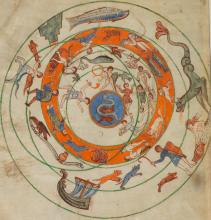
|
Review: The Packard Humanities Institute (PHI)—Classical Latin TextsMatthew Loar | |
